Prayas and IIT Delhi: Grantee Spotlight

The Giving Green Fund plans to award a grant to Prayas (Energy Group) and Professors Kaveri Iychettira and Rajarshi Dasgupta at the Indian Institute of Technology Delhi (IIT Delhi) to investigate development-compatible pathways for achieving net-zero emissions in India by 2070. In collaboration with Princeton University, the consortium aims to inform the Indian central and state governments, private sector organizations, and communities about what it takes to reach economy-wide net-zero emissions and its implications on development and sustainability outcomes. The project is anchored at IIT Delhi in Delhi, India.
This falls within our philanthropic strategy of supporting an energy transition in low- and middle-income countries (LMICs). Please see Giving Green’s deep dive report for more information, including risks and potential co-benefits, recommended sub-strategies, theory of change, funding need, and key uncertainties.
Last updated: October 2024
For more on the difference between the grantees of the Giving Green Fund and our Top Nonprofits, please see this blog post on the Giving Green Fund. This is a non-partisan analysis (study or research) and is provided for educational purposes.
What are Prayas (Energy Group) and IIT Delhi?
Prayas (Energy Group) (PEG) is a non-profit organization focusing on research, analysis, and policy innovation in India’s energy sector. PEG’s mission is to ensure that energy becomes a tool for sustainable and equitable development for all citizens. It emphasizes the importance of integrating social and environmental considerations into energy planning and advocating for a more inclusive energy roadmap. PEG engages closely with various stakeholders, such as policymakers, regulators, civil society groups, think tanks, and academic institutions. PEG is one of four groups under “Prayas, Initiatives in Health, Energy, Learning and Parenthood,” which was founded in 1994.
Indian Institute of Technology Delhi (IIT Delhi) is amongst India’s top academic institutions in the fields of engineering, science, and technology, with a strong and consistent record of conducting sponsored research projects involving industry, government, and other academic institutions – both within India and abroad. Notably, IIT Delhi successfully conducted sponsored research projects worth approximately. $171 million between 2019 and 2023. IIT Delhi was established in 1961.
What are we funding, and how could it help reduce greenhouse gas emissions?
We are funding PEG and IIT Delhi to examine diverse pathways for achieving net zero in India by 2070 and their implications for developmental and sustainability outcomes such as employment, health, energy access, equity, capital allocation, land, water, and biodiversity. Dr. Christopher Greig at Princeton University will be working with both organizations and will contribute learnings from a larger global initiative around designing net-zero modeling approaches in high-emitting countries. From 2024 to 2027, the consortium will work on scoping and collecting data, conducting modeling studies, consulting with a wide variety of stakeholders, and examining the effects of the different pathways on a wide range of development and sustainability indicators.
No modeling and simulation study in the current literature provides a comprehensive, spatially-resolved analysis of the impact of a net-zero transition in India on developmental and sustainability indicators. We think exploring the co-benefits of net-zero transition pathways is essential to gaining increased political support for an ambitious clean energy transition. We believe such a study can promote synergies between climate mitigation pathways and economic growth, leading to an accelerated reduction in emissions.
Why do we think the consortium will use this funding well?
Prayas and IIT Delhi will communicate the study findings by building on their existing relationships with central and state governments, as well as other stakeholders. Both organizations are recognized in the ecosystem for their technical expertise and capacity, knowledge creation, and supporting policy innovation. Based on conversations we have had with other organizations and funders, we believe the Indian government trusts these organizations, and there is evidence that it has requested their input in governmental consultations and decision-making. For example, Prayas is a part of the working group on the Power Sector and Buildings led by NITI Aayog to meet national commitments on Net-Zero, as well as a member of the Advisory Committees of the Central Electricity Regulatory Commission and the State Electricity Regulatory Commissions of Telangana, Andhra Pradesh, and Chhattisgarh. IIT Delhi provided inputs to the drafting of India's Long-Term Low Emission Development Strategies (LT-LEDs), a submission made to UNFCCC in 2022. IIT Delhi is also routinely invited to take part in technical consultations, amongst others, for the National Green Hydrogen Mission and the Indian Carbon Credit Trading Scheme (CCTS).
Support Our Work
Giving Green Fund
One fund. Global impact. One hundred percent of your gift supports a portfolio of high-impact climate organizations, vetted by our research.
Best for:
Donors who want the simplest way to impact multiple climate solutions.
Top Climate Nonprofits
Meet the organizations on Giving Green’s list of high-impact nonprofits working to decarbonize our future, identified through our rigorous research.
Best for:
Donors who want to give directly and independently.
Support Our Work
We thoroughly research climate initiatives so you can give with confidence. For every $1 we receive, our work unlocks another $21 for effective climate solutions.
Best for:
Donors who want to amplify their impact through research.



.png)
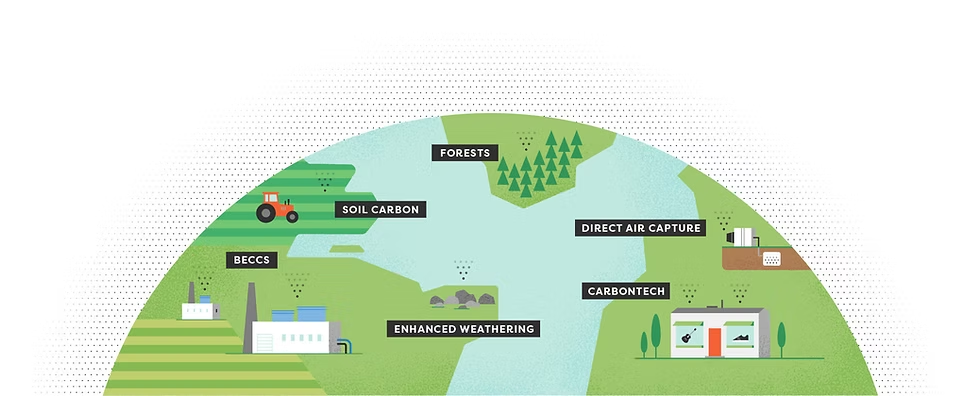
.png)



.png)

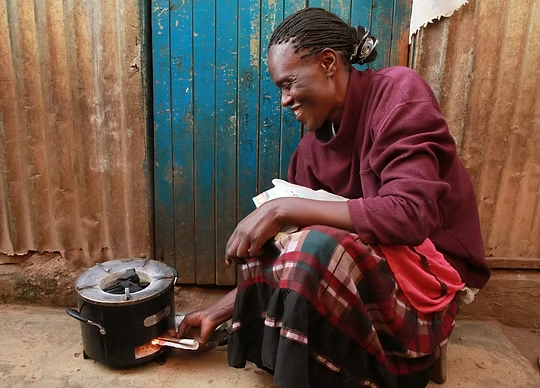
.png)
.png)
.png)

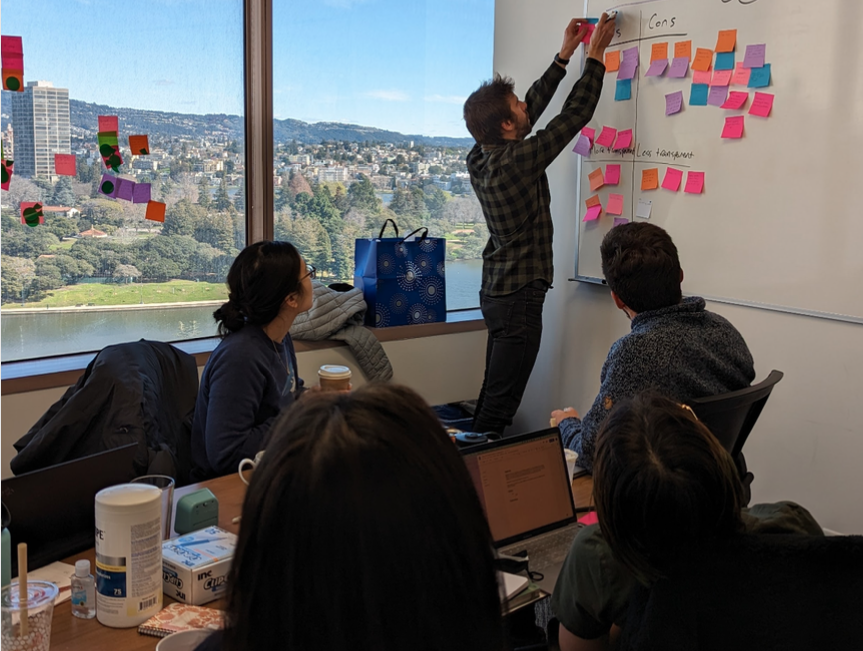


.png)


.png)

.png)

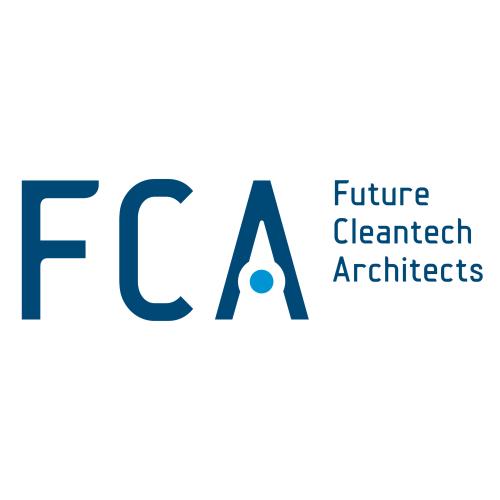
.png)
.png)

.png)

.png)
.png)
.png)
.png)


.png)




.png)

.jpg)



.png)


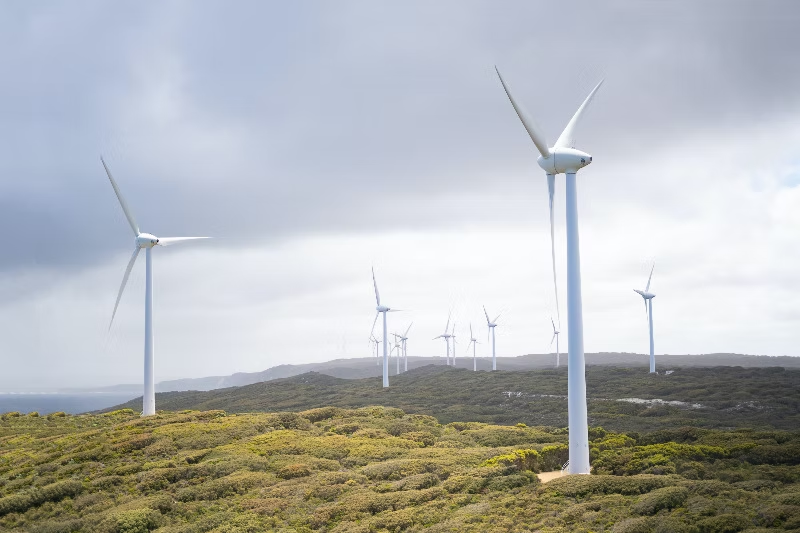

.png)
.png)
.png)
.png)
.png)
.png)
.png)


.png)
.png)
.png)
.png)



.png)
.png)
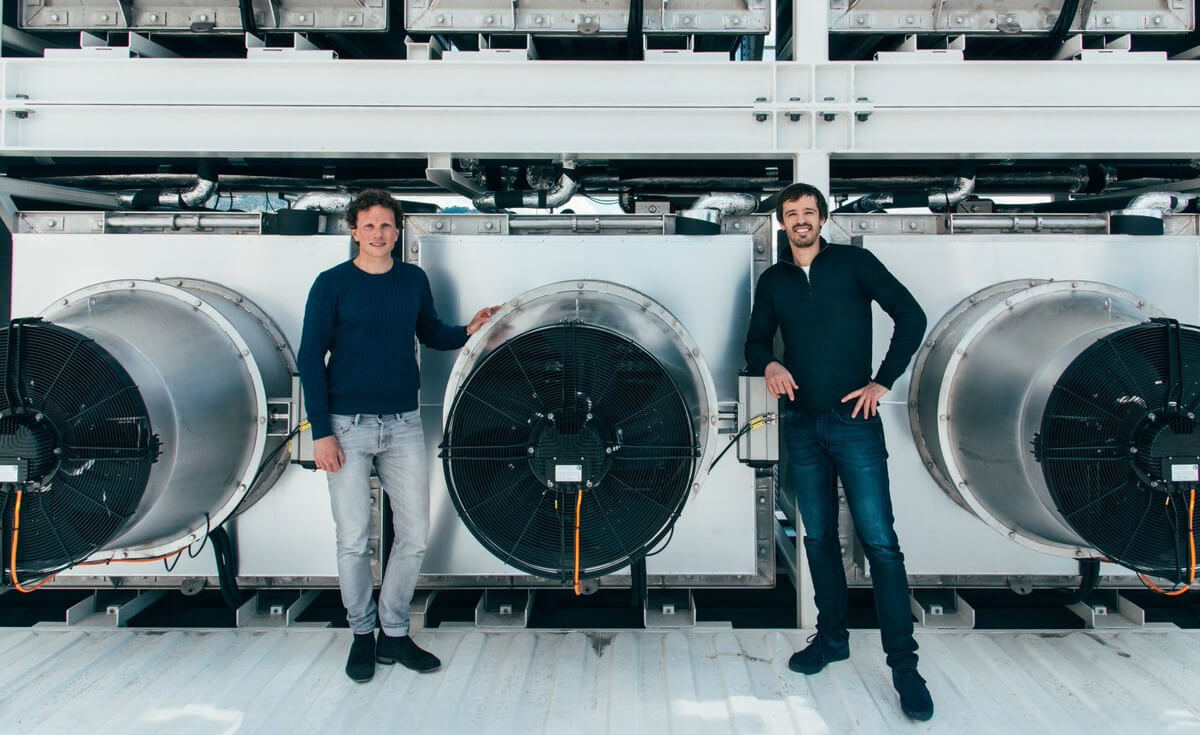
.png)







.png)


.png)
.jpg)

.png)


